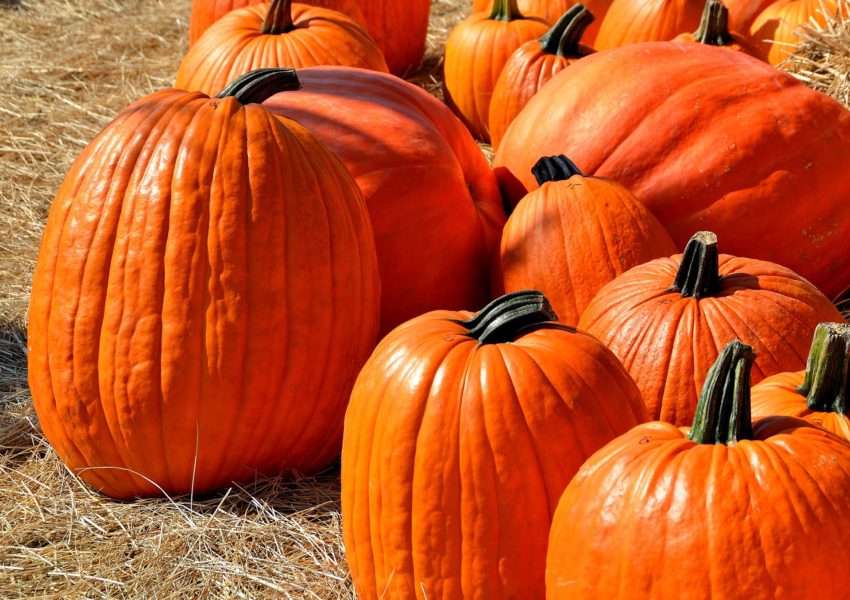It’s a crisp fall morning. I drive my kids to school as usual. A clown is standing in front of the school directing traffic. She laughs and dances and mimes with the kids as they cross the street. It’s a very happy moment that makes the kids look forward to a day at school.
On the way home, I stop by the grocery store. A clown is standing behind the deli counter. A (fake) knife sticks out of her neck. (Fake) blood runs down her apron. For some reason, I decide not to buy any deli meats that day.
At my next stop, a clown is wearing black tights, a short skirt, and a crazy amount of eyeliner. She’s flirty but definitely not happy. I remind myself to quarantine my black cat inside the house that evening.
Yep, it’s Halloween.
People in the States have a weird love for Halloween. Adults dress up, not just the kids. Kids will dress up like an action figure, a firefighter, or a Disney character. For the most part, kids’ costumes are aspirational.* If you could be anybody, who would you be?
For adults? This night seems to be a chance to give voice to emotions, desires, opinions, or points of view that we normally would keep to ourselves. Halloween, apparently, is the one day of the year when we can let out the selves we keep hidden most of the time.
Our costumes make political statements; they “dare the nightmare”** with supernatural horrors; they even laugh in the face of non-living, complicated assemblies of molecules, like the COVID virus.
Some people dress their pets. (Cats especially hate Halloween.)
It does make a little sense when you consider that the original idea was that Halloween night (All Hallows Eve or El Día de las Brujas) was a chance to connect with spirits of the dead, the unseen reality behind our everyday experience. Everything that’s hidden.
Some of us reclaim the day as a harvest festival: we swap scarecrows for skeletons and change jack o’lanterns back into pumpkins—kind of a dress rehearsal for Thanksgiving.
And some of us just turn out the porch light and act like we’re not home October 31.
So, I have to ask. Just what were those clowns trying to tell me?***
Notes
*Aspirational means something you want to become, or that you aspire to be.
**Check out the post on Stephen King’s “Why We Crave Horror Movies” earlier this month for more along these lines.
*** Calling someone a clown (when someone’s not trying to be funny) is a mild insult. It’s saying the person is naive, or out of synch with the situation, or just silly. Here, the writer starts by describing actual, physical clowns, but then uses clown to joke that these people have chosen to communicate in a bizarre way.

